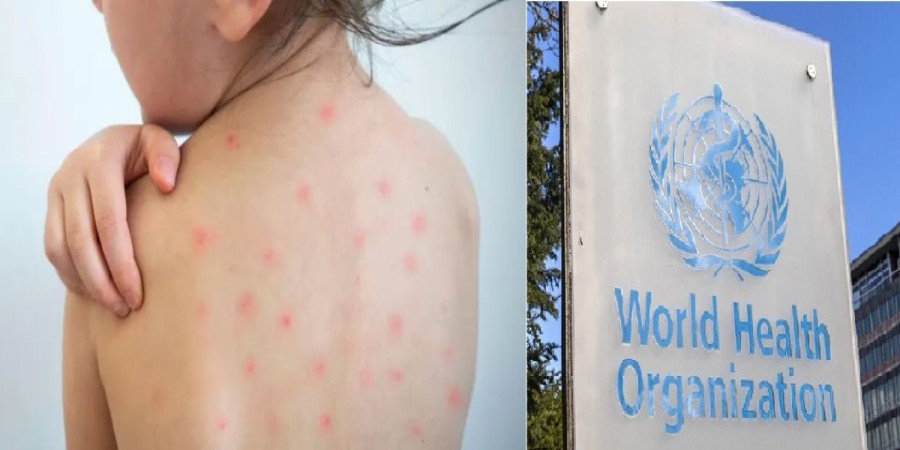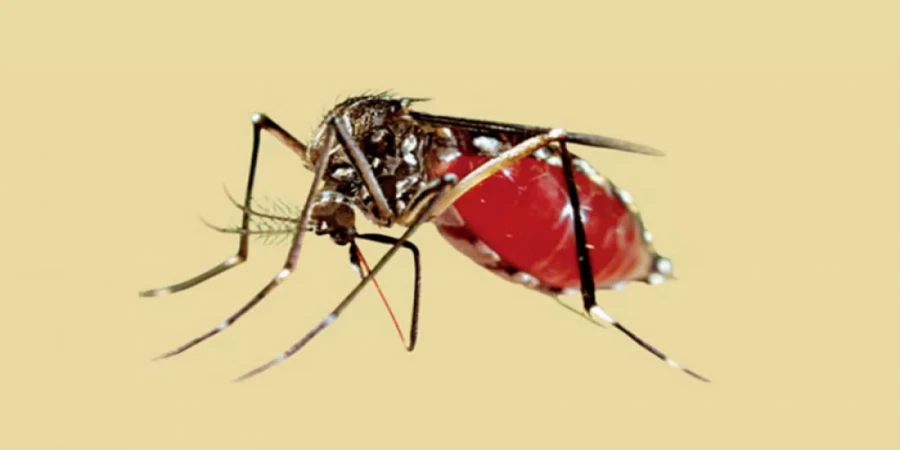
ছবি: Photo: Collected
Measles, one of the most contagious diseases, requires at least 95% vaccination coverage to curb its spread effectively. However, the report reveals that only 83% of children worldwide received the first dose of the measles vaccine in 2023—a rate unchanged from 2022 and lower than the pre-pandemic level of 86%. Moreover, just 74% of children received the second dose, falling short of the recommended coverage. In 2023, measles outbreaks occurred in 57 countries, compared to 36 in 2022. Most regions outside the U.S. experienced measles cases, with nearly half of the severe outbreaks concentrated in African countries. While the number of measles-related deaths decreased by 8% to an estimated 107,500 in 2023, most fatalities were among children under five. The decline in mortality is attributed to the fact that many new outbreaks occurred in regions with better healthcare access and child nutrition. The report warns that the global target of eliminating measles as an endemic disease by 2030 is under serious threat. While 82 countries have either achieved or maintained their measles elimination goals, progress has stalled in many regions.
Africa and the Eastern Mediterranean remain priority areas for intervention, especially in conflict-affected and vulnerable regions. WHO and CDC stress the need for high-quality routine immunization programs and targeted vaccination campaigns to bridge the coverage gap.
Source: Science Alert
repoter






